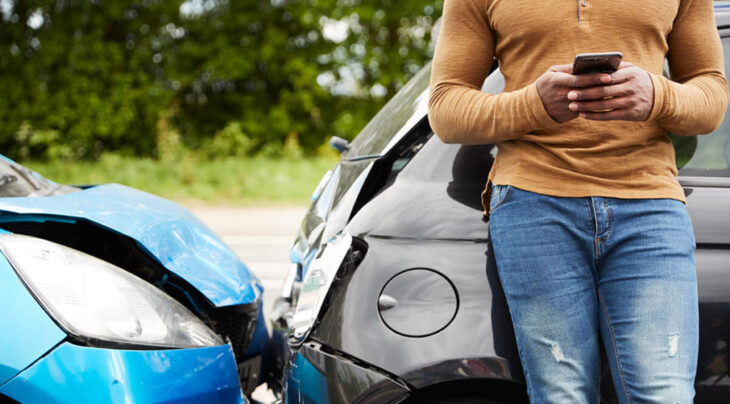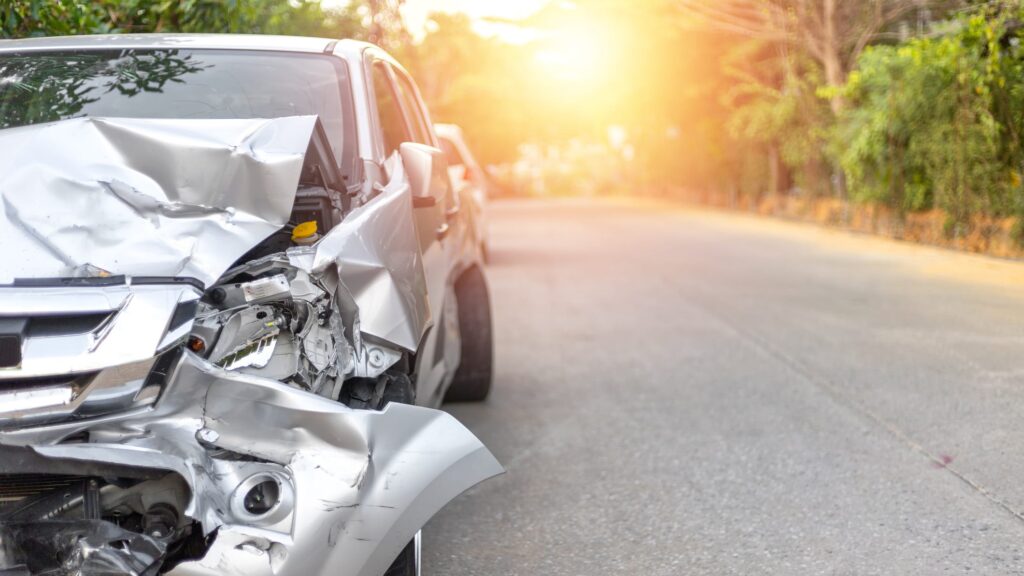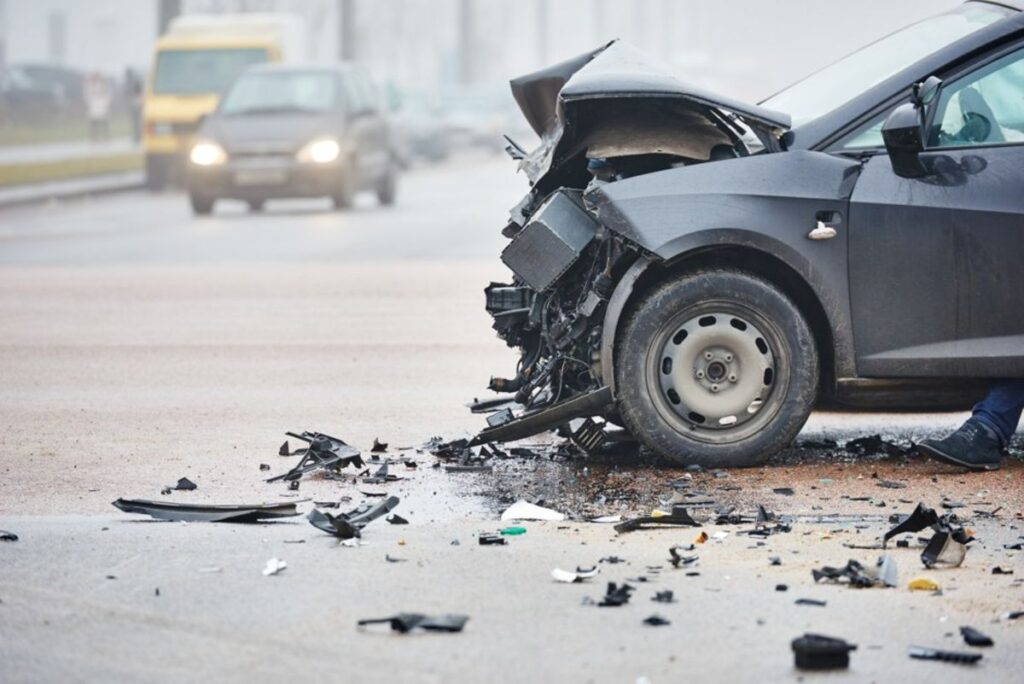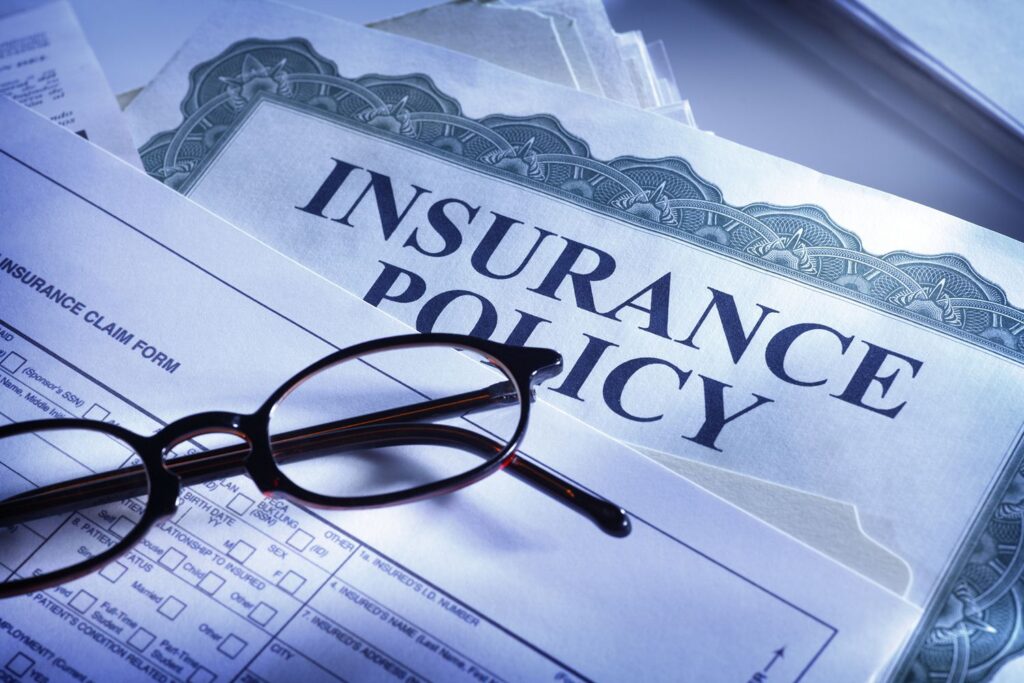
How to Handle a Car Accident While on Vacation
In the US, there are over 6 million car accidents per year. Though there are many things you can do to avoid them, sometimes car accidents just happen.
And when you’re traveling in an area you’re not familiar with, getting into an accident can be especially stressful and scary.
That’s why it’s important to learn in advance what to do after a car crash, so you don’t panic when it happens. If you do the wrong thing, you could make the situation even worse.
So here’s all you need to do after getting into a car accident:

1. Stay calm
Before doing anything else, remember to stay calm. Above all, don’t drive away from the scene (or else you might be fined anywhere from $5,000 to $20,000 or even get jail time for committing a “hit-and-run”)
Take a deep breath, compose yourself, and turn on your hazard lights. Then check to see if you or any passengers are hurt and how badly. Depending on how serious the injuries are, you’ll need to be careful about getting out of the car. You don’t want to make an injury any worse by moving your body the wrong way.
2. Get yourself (and others) out of danger
Next, get out of harm’s way. Staying on the road puts you at risk of getting hit by another vehicle. If possible, move your car off the road so it doesn’t impede traffic. Then put up a reflective triangle about 10 feet behind your vehicle (if you have more than one, you can set up another one 100 feet behind your car). Do the same with any emergency flares if you have them.
Sometimes the accident is more serious and you’ll need to leave your car where it is and just worry about getting yourself (and others) to safety.

3. Get medical attention
Of course, you want to get medical attention for any injuries as soon as possible. Some injuries may seem only minor at first but could turn into major health issues if left untreated. So it’s always best to play it safe and get your injuries checked out. If you are in obvious critical condition, call 911 to get yourself to the ER immediately.
In some cases, you may not experience any symptoms till later on. If so, don’t hesitate to visit the doctor then either.
4. Call the police
Not every car accident is major, but it’s always a good idea to call the police so they can file a police report. A police report acts as an official document detailing the crash and the people, vehicles, and property involved. A police officer can also help respond to fires or any serious injuries.
Be sure to get the police officer’s name, badge number, and contact information. And ask for a copy of the incident report for your records. This will come in handy for legal purposes later.
5. Document the accident
While you’re waiting for the police to arrive, start documenting the accident scene. Use your phone to take photos of any car damage, injuries, and the overall accident scene. Make sure to capture the positions of the vehicles relative to the road. This will help insurance adjusters recreate what happened.
Take some notes, too. You should record the date, time, and location of the accident as well as the road and weather conditions and any other helpful details. Use a notes app on your phone, make a voice recording, or get out some old fashioned pen and paper.
If there were any witnesses to the accident, try to get their testimonies and contact information, too. All of this will be helpful in making insurance or legal claims later on. So keep these documents well organized and in a safe place.

6. Exchange information with the other driver
At some point when you’re in a safe location and away from danger, exchange information with the other driver(s) involved. Get their contact information and insurance information. If possible, also note their license plate number and the make, model, color, and vehicle identification number (VIN) of their car.
When speaking to the other driver, don’t admit fault or get into an argument. Just wait until the police arrive so they can determine what happened.
7. Call a tow truck if needed
If your car is inoperable or unsafe to drive, you may need to call a tow truck to haul it away. The police may handle this for you, but if you are a member of a roadside assistance club, you could also get them to do it. Don’t forget to make arrangements for you and your passengers to get a ride home.
8. Call your insurance company
Call your auto insurance company to let them know what happened. They’ll help you begin the process of filing a claim. If the accident was someone else’s fault, you may be covered under their insurance. If not, your own insurance policy might cover you.
Whatever you do, don’t try to handle the incident with a cash deal because it’s not guaranteed to cover all the repair and medical expenses that come up, and you might be liable for more damages than you realize. Tell your auto insurance company all that you know and stay in close contact with them about any changes.

9. Consult an experienced auto accident lawyer
Lastly, consult an experienced auto accident attorney. They can help you know your rights and ensure you get the best resolution. Many attorneys offer free consultations, after which they charge on a contingency basis, meaning you only pay them if you win your case. Visit the website of Connecticut auto accident attorneys Berman and Russo to learn more.
The bottom line
Nobody expects to get in a car wreck, but research shows that the average driver gets in a car crash about once every 17.9 years. So it’s best to be prepared just in case. That way, you’ll know exactly what to do.
Prepare now by committing to memory the above steps and keeping all your car and auto insurance documents somewhere handy like your glove box. You’ll be grateful you did.